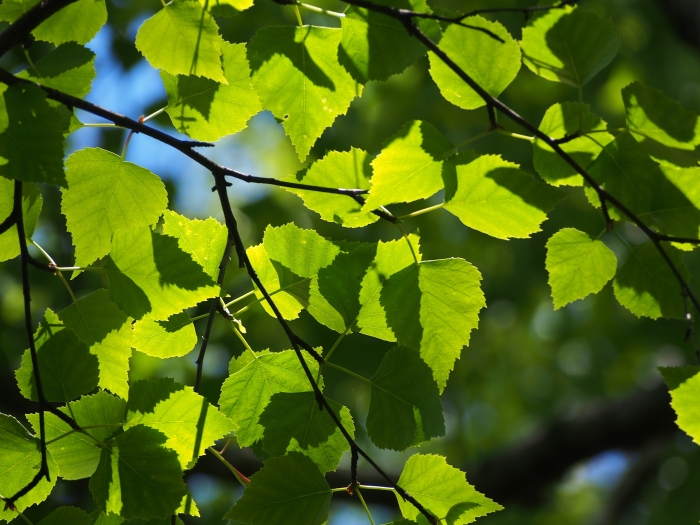European White Birch
(Betula pendula)
European White Birch (Betula pendula)
/
/

Agnieszka Kwiecień, Nova
CC BY-SA 4.0
Image By:
Agnieszka Kwiecień, Nova
Recorded By:
Copyright:
CC BY-SA 4.0
Copyright Notice:
Photo by: Agnieszka Kwiecień, Nova | License Type: CC BY-SA 4.0 | License URL: https://creativecommons.org/licenses/by-sa/4.0 | Uploader: Nova | Publisher: Wikimedia Commons | Title: Betula_pendula_subsp._pendula_2023-05-05_03.jpg | Notes: User created page with UploadWizard |






















































































Estimated Native Range
Summary
Betula pendula, commonly known as European White Birch, is a deciduous tree native to open woodlands and forest edges across temperate Eurasia. It typically grows to a height of 40-50 feet (12-15 meters) and a width of 15-25 feet (4.5-7.5 meters). The tree is characterized by its striking white peeling bark, slender pendulous twigs, and roughly triangular leaves with doubly serrate margins. The foliage turns a vibrant yellow in autumn before shedding. European White Birch produces catkins as flowers and disperses light, winged seeds by wind. It is a pioneer species, often one of the first to colonize bare or disturbed land.
The European White Birch is valued for its elegant appearance, especially the contrast between its white bark and green leaves. It is used in urban and residential settings for its ornamental qualities and as a habitat for wildlife, supporting a wide range of insects and allowing undergrowth due to its light shade. The tree prefers cool climates with occasional winter snowfall and requires well-drained soil. It thrives in full sun but can tolerate part shade. While it is hardy and low-maintenance, it may need supplemental watering during dry spells. Its shallow roots can sometimes cause problems with underplantings or nearby pavements. Betula pendula is known to be invasive outside its native range, so it is important to consult local guidelines before planting.CC BY-SA 4.0
The European White Birch is valued for its elegant appearance, especially the contrast between its white bark and green leaves. It is used in urban and residential settings for its ornamental qualities and as a habitat for wildlife, supporting a wide range of insects and allowing undergrowth due to its light shade. The tree prefers cool climates with occasional winter snowfall and requires well-drained soil. It thrives in full sun but can tolerate part shade. While it is hardy and low-maintenance, it may need supplemental watering during dry spells. Its shallow roots can sometimes cause problems with underplantings or nearby pavements. Betula pendula is known to be invasive outside its native range, so it is important to consult local guidelines before planting.CC BY-SA 4.0
Plant Description
- Plant Type: Tree
- Height: 40-50 feet
- Width: 15-25 feet
- Growth Rate: Moderate
- Flower Color: N/A
- Flowering Season: Spring
- Leaf Retention: Deciduous
Growth Requirements
- Sun: Full Sun, Part Shade
- Water: Medium
- Drainage: Fast, Medium
Common Uses
Bee Garden, Bird Garden, Butterfly Garden, Salt Tolerant
Natural Habitat
Open woodlands and forest edges across temperate Eurasia
Other Names
Common Names: Weeping Birch , Silver Birch , Eurasian Weeping Birch , European Birch , European Weeping Birch , East Asian White Birch , Warty Birch , Vorte-Birk , Hänge-Birke , Hängebirke
Scientific Names: Betula pendula , Betula pendula f. dalecarlica , Betula verrucosa f. dalecarlica , Betula alba var. pendula , Betula aetnensis , Betula laciniata , Betula pendula f. purpurea , Betula alba subsp. arborescens , Betula alba var. carelica , Betula alba var. microphylla
GBIF Accepted Name: Betula pendula Roth